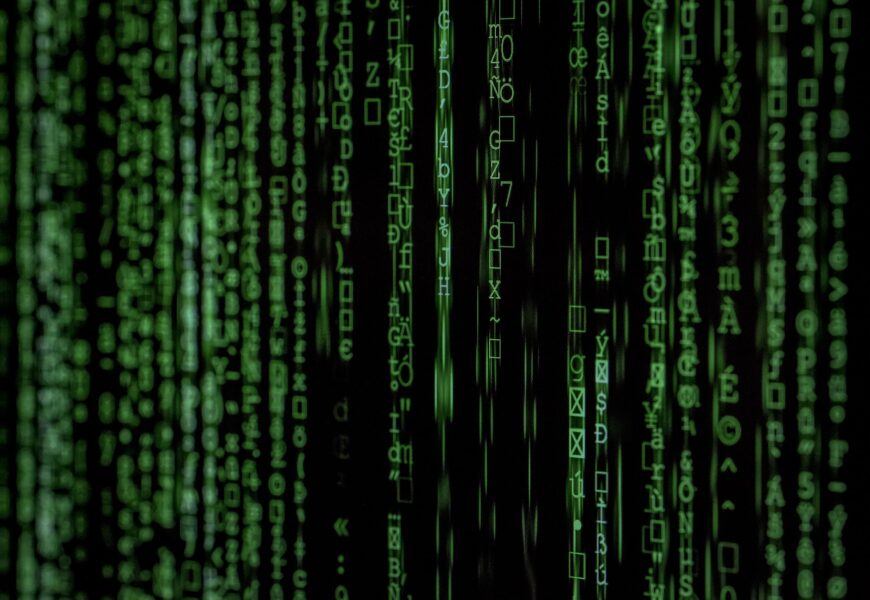Photo Courtesy of Unsplash.
While it is true that the world gave power to the Internet years before COVID-19 paid an unwelcome visit to the United States, there is nothing that could have secured its importance in the modern world as advantageously as a pandemic. Americans have been unceremoniously stuffed inside their homes with nothing to do, and few other convenient ways to communicate with the outside world.
Although the Internet has been a fantastic technological tool which allows us to engage and learn, unrivaled in the history of human invention, it has also resulted in many negative effects particularly among kids who grow up with perhaps too much access to social media platforms.
Social media feeds on the hungry human ego, which is infallibly ravenous for external validation. It is fueled predominantly by a need to distract oneself from the lackluster mundanities of everyday life, and from personal problems. This is perhaps why we turned to social media outlets for comfort during an equally quiet and distressing era of our existence.
It’s no accident that social media has a vice-like grip on the world. The Social Dilemma, a recent Netflix documentary, co-written by Vickie Curtis ‘07, depicts the ways in which social media giants have assembled their platforms to be colossally addictive. In the years since the Internet took the world by storm, U.S. hospital admissions for non-fatal self harm have gone up 62% in girls aged 15-19, and 189% for girls aged 10-14. Similar statistics exist for the rates of suicide in teen girls; it has almost tripled in the years since 2009. Those numbers have only risen since the pandemic.
Of course, the obvious argument would be to point out that this rise in Internet usage is attributed to the transition of work and school to the online world. While this is true, I find the growing reliance on the Internet more interesting, particularly with young adults and teens. As it has become more normalized in society for its plethora of benefits, it has become harder for people to recognize an Internet addiction as something palpable and dangerous. Which perhaps is why it is so dangerous.
It has been remarkable to me to observe the evolution of our collective experiences through the Internet’s curated lens since March when lockdown began. Suddenly, those glimpses of an Instagram post or a Snapchat became all that was known of the person, as real life interactions seemed increasingly dangerous. This pressured us to make use of all this time at home despite the obviously stressful circumstances that put us there. It then became trendy to make one’s quarantine experience seem as interesting as possible, to take up baking bread, to get that perfect summer body, to learn how to knit cat sweaters. In other words, to self improve to the point of self implosion.
How else would a person disseminate the ongoings of their suddenly quiet inside life? How else could a person broadcast the ‘self-care journey’ everyone seemed determined to embark on? How else could we tell everyone we’re living our best lives despite being locked up in a pandemic with no escape and no opportunity for social interaction? The Internet offered an easy solution to this ego-driven issue. And what a tempting mistress she is.
The ‘main character’ disease our generation and younger ones have so willingly embraced is a direct result of social media exposure. It shrinks the lens of focus from others, and places an emphasis on our own self perception. We are so entangled in our own little world that we’ve somewhat lost the ability to appreciate the good and grand things about being ‘average’ because we’re so busy trying to entertain ourselves and others and make ourselves seem special. I worry that ‘steady’ will become synonymous with ‘bland’ and ‘uninteresting.’
It’s no wonder then, that the younger generations are the most depressed and anxious of all generations previous. The Internet provides such consistent dopamine and excitement, compiling all of the best and worst moments and experiences of human existence in one big endless void. We have to relearn the beauty of steadiness and stability, and not confuse it with boredom or mediocrity. Stability and occasional unmemorable days allows us to appreciate those extraordinary moments of life even more.
The spread of COVID-19 has caused damage to every facet of life as we knew it. It has made the rich richer, the poor poorer, and allowed for humans to lean even farther into a life of scoliosis and screens. Experts who worked with social media giants themselves are terrified of what this might mean for us in the coming years, especially given the Internet’s proclivity for spreading false information without prior vetting. This has led to subsequent polarization of political ideologies, not just in the U.S. And still, despite the growing evidence, ignorance about social media addiction is widespread, and understandably – how can something so utilizable and user-friendly be a danger to us? How can access to endless information harm us? Is it possible to have too much communication?
After doing the research, I certainly think this to be true. So, the next time you pick up your phone in a moment of sadness or vulnerability and attempt to lose yourself in the web, take a second to think about what that might mean. We aren’t built to process emotions by turning to immediate distraction. Try to choose to take a walk, call a friend, make some bad art (or good). Humans are far too complex to give their lives to a screen instead of saving that time for their loved ones, for their hobbies and skills, for themselves.










